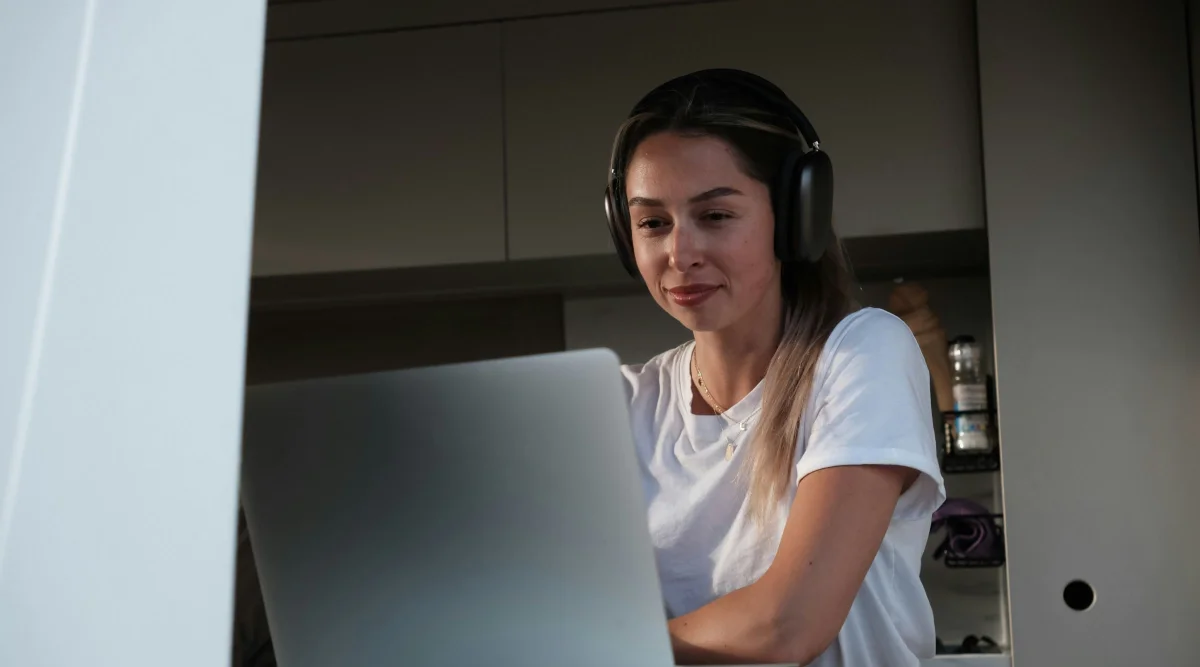Nearly 130 million Americans have already received their $1,400 stimulus check through the American Rescue Plan, as of March 2021, with more to receive them in the days ahead, according to the Motley Fool. And while those checks are being paid to individual taxpayers to help shore up their personal finances, some small business owners are choosing to use that money for business purposes.
From investing in marketing activities to grow the business to hiring help, buying equipment, or putting funds aside, many business owners are giving a lot of thought into using that third payment.

Expansion and growth efforts
Meaghan Thomas and Thomas McGee own Pinch Spice Market in Louisville, Ky. While their primary business is online, Thomas explains, local buyers frequently ask about buying on-site or picking up in person. Although the working factory is closed to the public for safety reasons, Thomas and McGee wanted to find a way to be more accessible to local shoppers without investing in an expensive storefront. Then the idea for a vending machine hit them.
“We figured it was a fun, contactless way for people to browse our spices and blends, while also allowing us the freedom not to have to tend to it 24/7, so we can focus on sourcing spices and making them into yummy blends," Thomas explains. So the partners invested their stimulus money in a custom vending machine located right outside the factory doors. “We're now getting used to hearing, “Wow, cool!" exclamations coming from the hallway," she says.
Similarly, Kelly Shoul is upgrading her camera gear, buying a lens that “is just perfect for capturing couples in landscapes." Having previously rented this particular camera lens, the owner and lead photographer of In Love and Adventure, a photography company based in Fredrick, Md. says, “This lens will take my photography to a whole new level."
Adding talent
Some business owners have decided to use their stimulus funds to bring people on board with the skills their companies need by hiring or retaining them. For example, John Ross, CEO of Test Prep Insight in Sacramento, Calif., is using the $1,400 he received to hire a bookkeeper to take over his company's accounting. He says that managing the company's accounting currently takes him 4 to 5 hours a week, “which is a huge drain on his limited time." Going forward, he is paying a bookkeeper to handle the company's accounting for $500/month, he says.
Operations consultant Joy Edmonds in Union, N.J., is using a portion of her stimulus check to hire a virtual assistant (VA) so that she can delegate “time-sucking admin tasks like converting handwritten notes to documents, research, and lead outreach," she says. By handing these tasks off to a professional, she will be able to spend more time on client work and strategic tasks, Edmonds says.
Similarly, Thomas Hawkins, who owns the Dallas-based Electrician Apprentice HQ, is considering hiring a social media manager, so he can expand his efforts on platforms “where I already have a presence, like Facebook and Instagram, and using that money to delve into more social sites like Snapchat," he says.
More marketing
Heinrich Long, who owns and operates a small tech company, Restore Privacy, from his home office in Omaha, Neb., is investing all of his stimulus check-in online advertising. Specifically, he has put money into “targeted advertising on Facebook, invested in an ad spot on Google through pay-per-click marketing, and paid for a number of new keywords on Google search." Attracting more companies through marketing will also enable Long to pay his employees more, which is one of his goals.
Jessi Beyer, who runs a course called the Aspiring Author Incubator in Seattle, plans on sending students who complete the course a gift basket to celebrate their accomplishment. Part of her stimulus check will go toward that effort.
Bolstering finances
Melissa Kelly, founder of Virtual Team Building, a virtual events company in Austin, Texas, felt “the best choice for our business was to hold the $1,400 in reserve," given that the events market for 2021 and beyond is such a big unknown. Setting the funds aside “will help provide stability and handling of any emergency costs," she says.
Similarly, business coach Kellsie Moore in Denver, Colo., says her first instinct was to put the money towards testing some new paid traffic but then decided “to do something I had been putting off for a long time—I opened a retirement account," which she says she wishes she had done 10 years ago. She's putting that money to work for her, she says.
Donating
Since Katherine Golub's Greenfield, Mass., career coaching business, Center for Callings and Courage has continued to thrive even during the pandemic, she says, she chose to donate her stimulus checks “to non-profit organizations that work with Indigenous and immigrant communities who are living in poverty and have borne the brunt of the pandemic."

